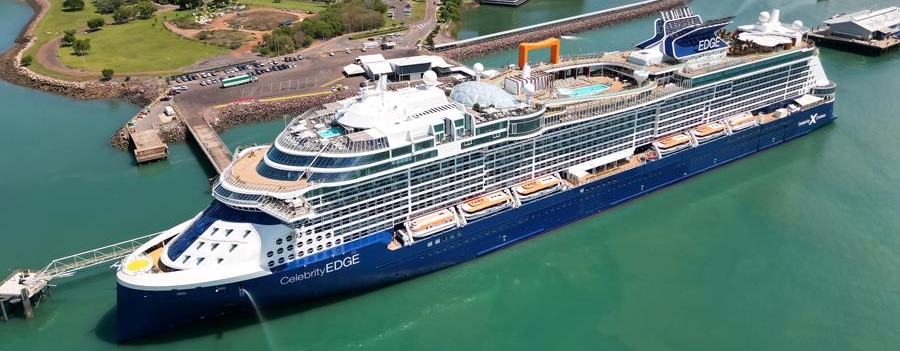That was the major finding of the Australian Competition and Consumer Commission (ACCC)’s newly-released 2023-24 container stevedoring monitoring report.
“A policy or regulatory response to address what appears to be market failures may lead to a more efficient container freight supply chain in Australia,” the report says.
“We found that there are likely market failures in the container freight supply chain which may warrant a policy or a regulatory response.”
With Australia’s container trade worth $185 billion, stevedoring charges are levied on full containers while container park operators charge transport firms for empty containers.
“If such a policy or regulatory response were successful in improving efficiency, this would likely benefit Australian exporters by lowering their costs, allowing them to be more competitive in global markets and may lead to lower prices for Australian households and businesses.”
The ACCC targets three areas for reform: fixed as well as incentive-based stevedoring charges, and closer scrutiny of empty container parks.
“Market participants have raised concerns about charges levied by stevedores and empty contain parks on transport operators,” the ACCC says.
The report cites one importer who told it that “stevedore fees have become a significant part” of import costs.
“Some agricultural exporters told the ACCC that charges levied by stevedores on transport operators have, in some cases, become higher than their ocean container freight rates and are undermining (their) ability to compete in international markets,” the ACCC report states.
“One importer told us that they factor stevedoring costs into their overall costs and that, ‘(as) costs keep rising, we have to pass them on to consumers.”
The ACCC report states that concerns about charges levied by stevedores and empty container parks have been frequently raised over the last seven years.
On empty container parks, it says parks are charging three different parties three different fees to handle the same empty container.
The report noted that by the first half of 2024, Sydney port’s notification fee for each container is $179.40 compared to $5.50 in 2018; for Brisbane port, it went from $5.50 to $143.40 in the same period. Fees at the Adelaide, Melbourne and Freemantle ports went from $10 per container in 2018 to more than $90 this year.
“It appears that empty container parks can raise notification fees to transport operators more easily than they can raise charges to shipping lines as cargo owners are not able to negotiate notification fees and are constrained in their capacity to respond to increases in notification fees,” the ACCC report states.
The report was very sceptical about park operators’ claims that the fee rises were to recover rising operational costs.
“Some stevedores are levying weight misdeclaration fees while there appears to be a gap in the maritime safety regulations,” the ACCC says.






